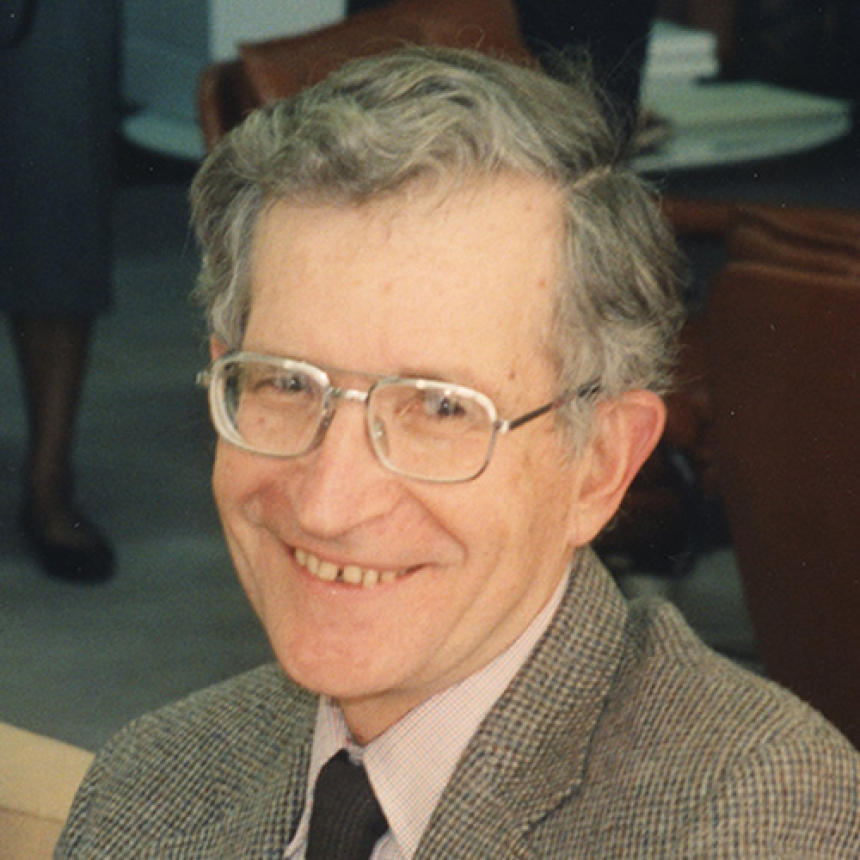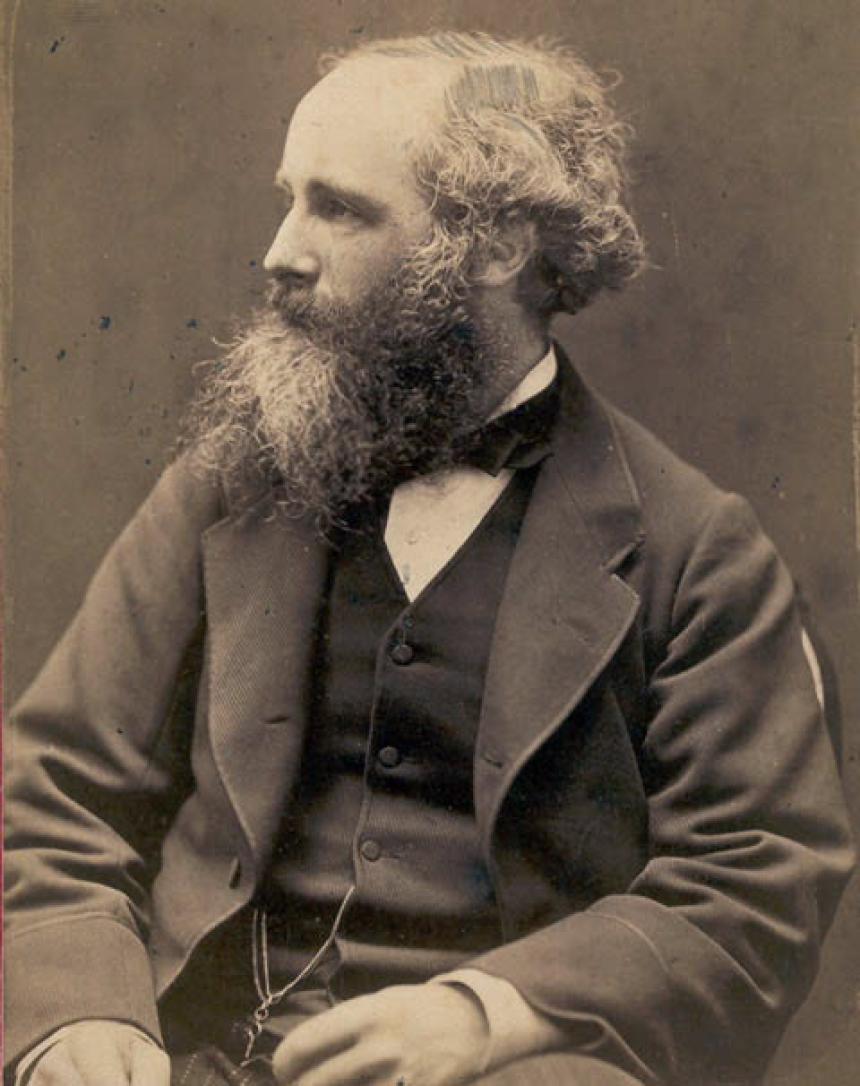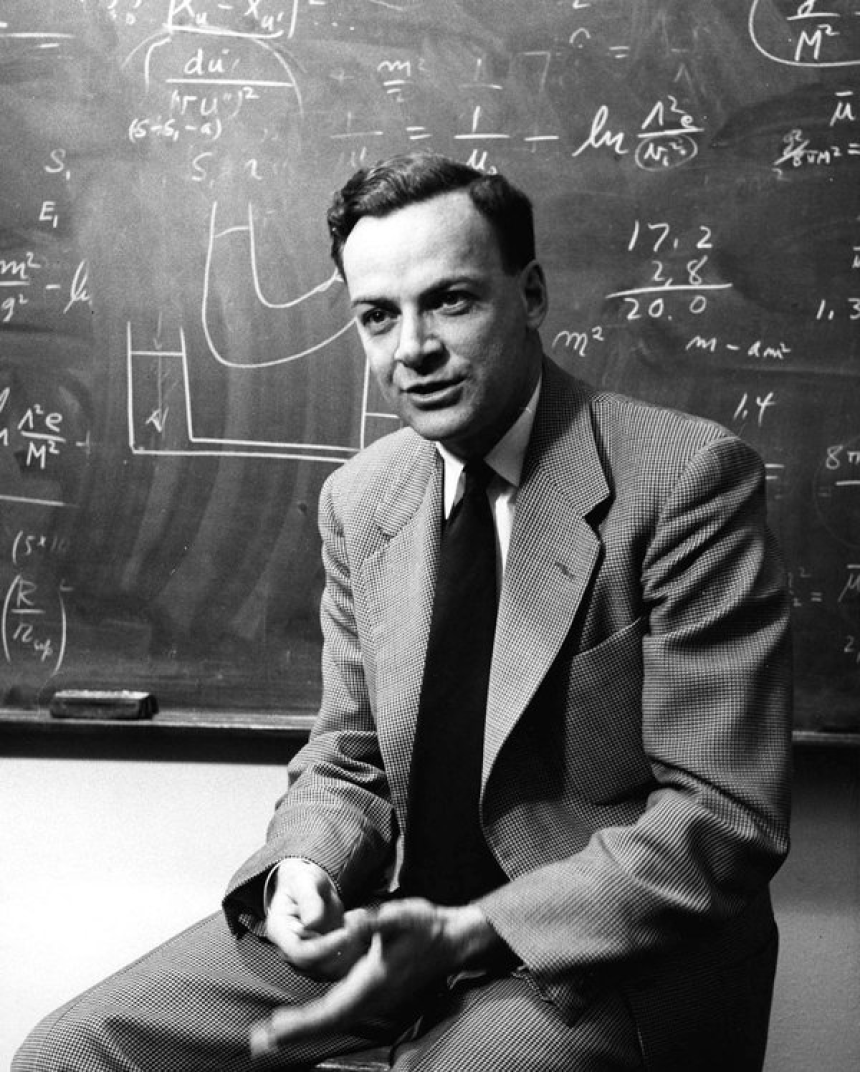
Noam Chomsky
The Ideas and Impact of Noam Chomsky
The Ideas and Impact of Noam ChomskyNoam Chomsky, a renowned linguist, philosopher, and cognitive scientist, has made significant contributions to various fields of study. His ideas and insights have had a profound impact on linguistics, politics, and the understanding of human cognition.
1. Linguistic TheoryChomsky's most notable contribution is in the field of linguistics, where he proposed a theory known as generative grammar. This theory suggests that humans are born with an innate linguistic capacity, and that language acquisition is a natural and instinctive process. Chomsky argued that there must be a universal grammar that underlies all languages, explaining why children can quickly acquire any language they are exposed to.
2. Political ActivismIn addition to his linguistic work, Chomsky is also well-known for his political activism. He has been an outspoken critic of U.S. foreign policy and imperialism, and has written extensively on topics such as media propaganda, human rights, and global inequality. Chomsky's rigorous analysis and critique of political systems have inspired many individuals to question authority and seek social justice.
3. Cognitive ScienceChomsky's theories on language and mind have had a significant impact on the field of cognitive science. He argued that language is not simply a form of communication, but also a window into our understanding of the world. Chomsky's ideas have stimulated research on language processing, cognition, and the relationship between language and thought.
4. Educational RelevanceThe ideas put forth by Chomsky have profound implications for education. His emphasis on the universality of language acquisition suggests that all children have the potential to learn any language, given the appropriate environment and support. This insight encourages educators to adopt more inclusive and culturally sensitive approaches to teaching language skills.
Chomsky's work also highlights the importance of critical thinking and questioning authority. By challenging conventional wisdom and encouraging students to examine the underlying structures of language and society, educators can foster independent and reflective learners.
5. ConclusionNoam Chomsky's contributions to linguistics, politics, and cognitive science have left an indelible mark on the academic world. His groundbreaking ideas continue to inspire and shape the way we understand language, politics, and human cognition. As we delve deeper into these areas of study, it is important to consider the lasting impact of Chomsky's work and how it can inform our own perspectives and approaches to education.
Frequently Asked Questions1. What is generative grammar?
Generative grammar is a linguistic theory proposed by Noam Chomsky, which suggests that humans have an innate capacity for language acquisition. It argues that there is a universal grammar that underlies all languages, and that this grammar provides the foundation for language learning.
2. Why is Noam Chomsky significant in the field of politics?
Noam Chomsky is significant in the field of politics for his critique of U.S. foreign policy and imperialism. He has written extensively on topics such as media propaganda, human rights, and global inequality, offering insightful and thought-provoking analysis that challenges conventional narratives.
3. How has Chomsky's work influenced cognitive science?
Chomsky's work has influenced cognitive science by emphasizing the role of language in understanding human cognition. His theories have stimulated research on language processing, the relationship between language and thought, and the nature of the human mind.
4. How does Chomsky's work impact education?
Chomsky's work impacts education by highlighting the universality of language acquisition and the importance of critical thinking. It encourages educators to adopt inclusive and culturally sensitive approaches to language teaching, while also fostering independent and reflective learners.
5. What is the significance of Chomsky's emphasis on questioning authority?
Chomsky's emphasis on questioning authority challenges students to think critically and examine the underlying power structures of language and society. This allows them to develop a deeper understanding of the world and become active and engaged citizens.





